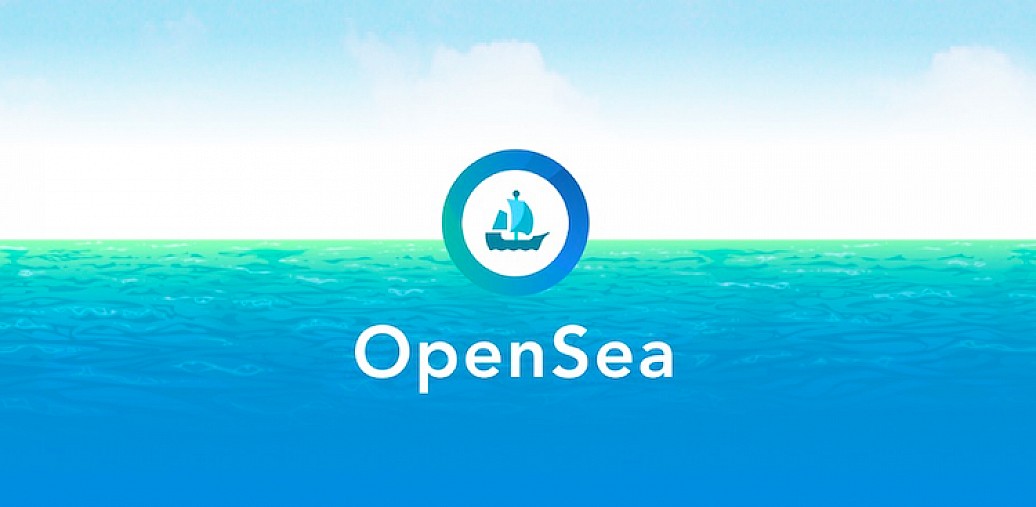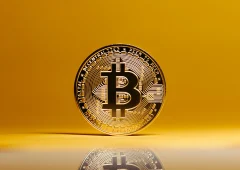OpenSea Rebrands with Multi-Blockchain Push and ICO Airdrop
14.02.2025 14:00 1 min. read Alexander Stefanov
OpenSea, once a leader in the NFT market, is taking bold steps to recover from a massive 98% drop in trading volume.
The platform is expanding to multiple blockchains, launching an ICO-style airdrop, and revamping its website. It will also introduce cross-blockchain NFT purchases and lower marketplace fees to 0.5%, with swap fees eliminated during its OS2 Open Beta.
After peaking at $476 million in daily trading volume in May 2022, OpenSea’s figures have dwindled, with monthly NFT sales down by 80% from January 2022.
Despite the decline, OpenSea hopes its new features, including the SEA token, will turn things around, although the company has faced challenges like SEC scrutiny and competition from platforms like Blur and Magic Eden. Whether these efforts can revive interest in NFTs remains uncertain as many traders shift to fungible tokens.
The company’s struggle is also compounded by shifting market trends, with the NFT boom fading and memecoins gaining traction among traders. OpenSea’s attempt to regain its position involves adapting to the evolving market, incorporating more blockchains to attract a broader user base, and offering more versatile payment options. However, even with these strategic shifts, OpenSea is up against a rapidly changing landscape in the digital asset space.
-
1
XRP Ledger Deploys EVM-Compatible Sidechain to Expand Multichain Utility
30.06.2025 21:00 2 min. read -
2
What the U.S. Blockchain Act Means for Crypto’s Future
29.06.2025 18:00 2 min. read -
3
Top 10 AI and Big Data Crypto Projects by Development Activity
01.07.2025 19:00 2 min. read -
4
Top 10 blockchains by transaction volume in June 2025
06.07.2025 16:00 2 min. read -
5
German State-Owned Development Bank Issues €100 Million Blockchain Bond
11.07.2025 7:00 2 min. read
Czech National Bank Enters Crypto Sector with $18M Coinbase Investment
The Czech National Bank (CNB) has entered the crypto sector with a $18 million investment in Coinbase, purchasing 51,732 shares in Q2 2025, according to a U.S. SEC filing.
Weekly Roundup: What Happened in Crypto Over the Past Week
From groundbreaking Ethereum developments to record-breaking DeFi activity and major protocol updates, the crypto industry saw a flurry of important announcements this past week.
Pump.fun Raises $600M in Record-Breaking PUMP Token Sale
Memecoin launchpad Pump.fun has stunned the crypto market by pulling off one of the fastest initial coin offerings (ICOs) in history.
Binance Founder Says Bloomberg’s USD1 Report is False, Threatens Lawsuit
Binance founder Changpeng Zhao has once again threatened legal action against Bloomberg.
-
1
XRP Ledger Deploys EVM-Compatible Sidechain to Expand Multichain Utility
30.06.2025 21:00 2 min. read -
2
What the U.S. Blockchain Act Means for Crypto’s Future
29.06.2025 18:00 2 min. read -
3
Top 10 AI and Big Data Crypto Projects by Development Activity
01.07.2025 19:00 2 min. read -
4
Top 10 blockchains by transaction volume in June 2025
06.07.2025 16:00 2 min. read -
5
German State-Owned Development Bank Issues €100 Million Blockchain Bond
11.07.2025 7:00 2 min. read


